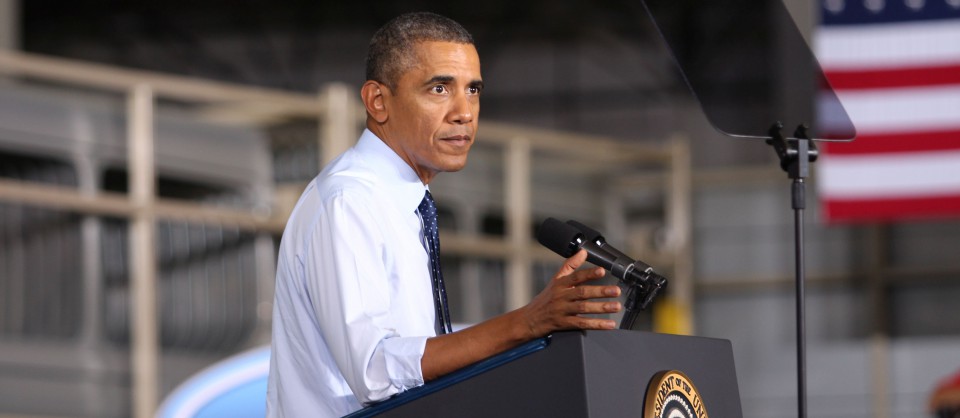The 2009 Commonwealth Fund health care report was released this week and made for some interesting reading, especially for those of us who love charts and interactive maps. The Fund focuses on ways health care can be improved and measures each state (plus DC)relative to benchmarks for 38 indicators of access, quality, costs, and health outcomes.
There was some good news, especially in the gains in children’s health care, but the report paints a gloomy picture generally. We’ve all heard about increasing costs for health insurance and medical care. The authors of the report point to a “deterioration in access across the U.S., together with geographic disparities in performance…” which, they believe, would be relieved if we had national health care reform.
Missouri’s overall rank is 36th in the nation.
I was curious what kind of indicators I’d find under “Healthy Lives.” Not surprisingly, smoking was one of them. Missouri ranks 46th in the number of adults who smoke which was a 7% increase over the 2007 report. Utah has the fewest smokers (Mormons?) and Kentucky has the most. (I was shocked last year to see that people still smoke in the McDonalds restaurants in KY.) BTW, what ever happened to all that money we got that was supposed to discourage young people from smoking? Why don’t we see any of those grotesque ads on TV anymore with the cancer patients dragging smoke through their trach tubes? Hmmmm……
Missouri ranks 36th in “mortality amenable to health care” which, I assume, means people who die who don’t have to. We managed to increase that factor by 8.8% over the 2007 study. Shame on us, especially when we have some of the most advanced medical centers and treatments in the U.S.
Infant mortality, sad to say, is up too. With an increase of 11.8% over the 2007 report, Missouri ranks 35th. There’s lots to talk about there.
If you look at the map of the U.S. and see where the best and worst outcomes are, the disparities jump out at you. Wouldn’t you think the people in Mississippi would really be screaming for national health care reform? Are they? Who are their political leaders? Don’t they want healthy citizens? (No, that is not a rhetorical question.)
The authors of the Commonwealth Fund Report argue for broad national health care reform, but are we really “united” states on that issue? If a majority of citizens in a particular state really want to improve their chances of surviving an illness or feel confident that their kids will get the right medical care when needed, why do they keep electing state representatives who vote to cut social services?
It can’t be just about who has the most money to win an election. It seems as though there are sections of the country where the majority of people value the health and well-being of others and sections of the country where that’s just not a top priority.
Why are the tea baggers successful in poisoning the debate with their “government takeover/socialism” rants? If someone conducted an “empathy” survey, I wonder where Missouri would rank.

Last.
In general, the sections of the country where the teabaggers are most successful at “poisoning the debate with their ‘government takeover/socialism’ rants” are the very places where more people are in dire need of help. So for years, we liberals have been looking at the pitiful outcome of “rugged individualism” and saying “huh?” But we’re only puzzled because we rely on mere logic. I wish I could explain what they rely on, but apparently I’m incapable of getting it. I’m stuck in logic and empathy and can’t tear myself loose from it.